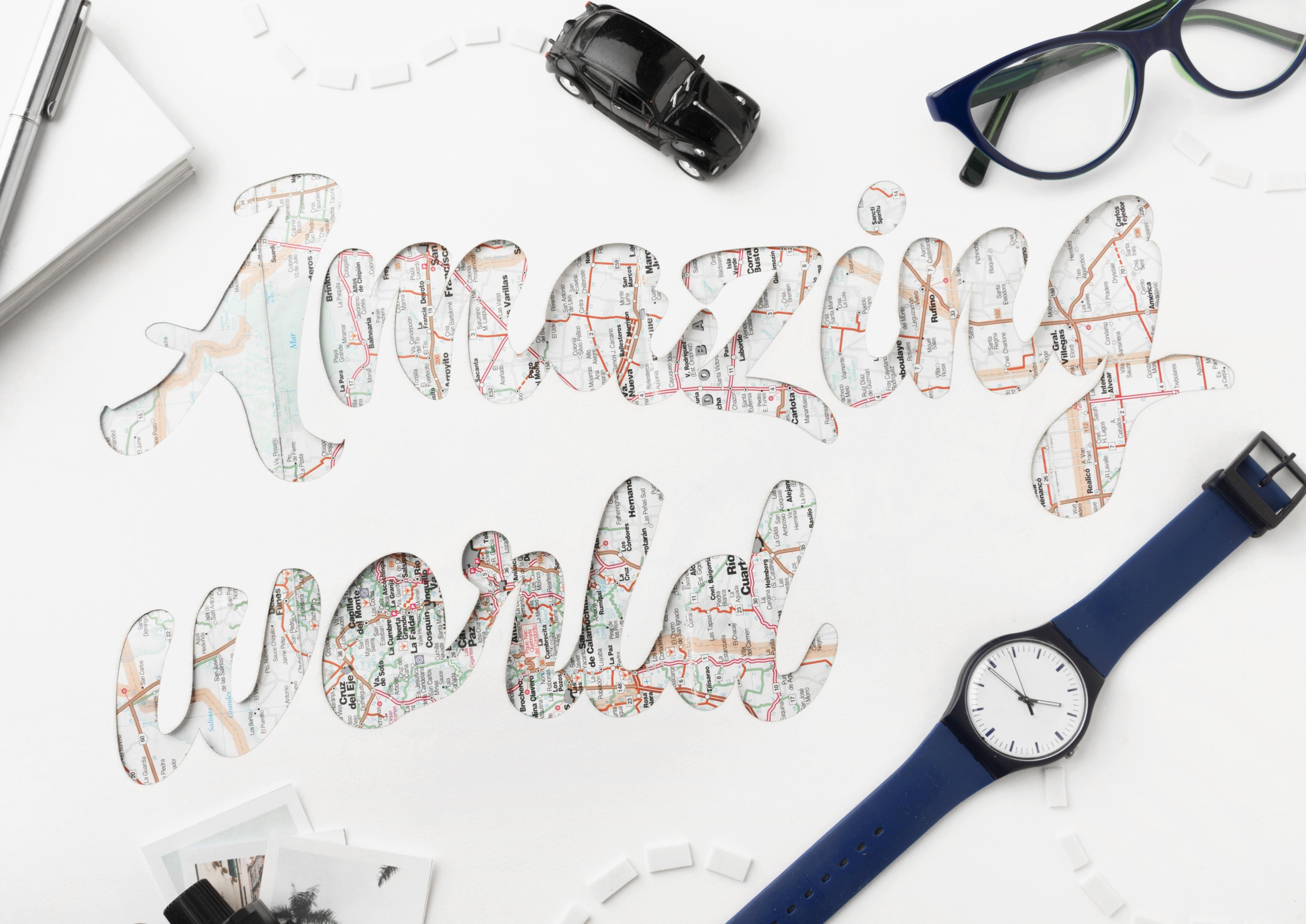Title: Custom Wordle: When Personalization Becomes a New Obsession
There’s something quietly satisfying about the world of Wordle. It’s that simple daily ritual where we spend five guesses to uncover a five-letter word—one that could be anything from “apple” to “swoop,” and if you’re like me, it often involves some sort of scramble through the depths of your brain to remember all the five-letter words you used to know. But then came a twist: Custom Wordle. And just like that, we’ve taken something already simple and addictively fun, and turned it into something… personal. Too personal?
Let’s unpack it, shall we?
The Rise of Custom Wordle
For those unfamiliar, Custom Wordle allows you to create your own Wordle puzzles, based on words you like, dislike, or (perhaps most interestingly) words that have special meaning to you. Now you can make custom Wordle games to challenge your friends with inside jokes, obscure references, or words that only make sense to a select group of people. It’s like the perfect hybrid of nostalgia and innovation. Suddenly, Wordle has become not just a game of deduction, but one of personal expression.
“How do you make a custom Wordle?” you might ask. Easy. You can use a variety of online tools that let you choose any word and build a puzzle around it. Whether you’re selecting random words or creating something deeply meaningful, the possibilities are endless. And this is where the danger lies. Not in the game itself, but in how easily we can start using it to manipulate our daily interactions. The rise of custom Wordle with friends seems innocent enough—until you realize it’s become an arm’s race of obscure vocabulary and inside jokes that no one else is quite in on. Who knew that word games could bring out such a competitive streak?
The Paradox of Personalization
On the surface, custom Wordle is a win. It lets you personalize the experience. You can tailor the puzzles to match your moods or your interests, and you get to challenge your friends with your own twisted sense of humor. It’s a fun, lighthearted way to engage in social interaction, right? But here’s the catch: once you’ve made your custom Wordle game, it isn’t just a puzzle anymore. It becomes an extension of your identity. And when everyone else is creating their own version of the game, there’s this subtle shift from fun to forced creativity. What starts as an innocent challenge becomes a performance—a way to show your intellectual superiority, or perhaps to reveal just how much you know about a specific, niche topic.
Think about it: When you’re playing custom Wordle with friends, are you trying to have fun? Or are you trying to outwit them with your esoteric vocabulary, hoping they’ll marvel at your linguistic prowess? The line between “friendly competition” and “subtle show-off” is thinner than the margin of error between an A and an E in a correct guess. Suddenly, it’s no longer about the game itself—it’s about curating your own intellectual image.
The Danger of Customization: A Loss of Simplicity?
But there’s something else happening here, something that might not be as obvious at first: Customization is making Wordle more complicated. One of the beautiful things about the original Wordle was its simplicity. Five guesses, five letters, one daily challenge. It was easy to jump into without much thought. Custom Wordle? Not so much. With all the tools to make custom Wordle puzzles, now we have too many choices. You’re not just guessing five random letters. Now you’re creating puzzles with curated words, crafting your own personalized challenge based on whatever theme you’ve decided is the most important thing in your life that day. We’ve taken a simple game and turned it into a mental gymnastics routine that’s far less relaxing than it used to be.
The real kicker? It’s easy to get carried away with all the customization options. Every time you play custom Wordle, the experience changes. And while this might sound appealing in theory, the never-ending potential for customization can also breed frustration. It becomes less about the game and more about creating the perfect puzzle. And if you’re not careful, it stops being a fun mental exercise and starts feeling like another thing to check off on your ever-growing list of “things to perfect.”
Is Custom Wordle a Blessing or a Curse?
At its core, custom Wordle might seem like a clever extension of the original game. It allows for creativity, it allows for sharing personal inside jokes, and it lets you take a well-loved game and make it your own. But, like many trends that come out of the digital age, it also has its darker side. It’s easy to get lost in the endless maze of personalization. It’s also easy to forget that the simplicity of the original Wordle was part of what made it so addictive. The minimalist nature of the game forced us to focus on the word, not on the perfect puzzle.
So, where does that leave us? As we continue to dive deeper into custom Wordle, maybe it’s worth remembering that simplicity—much like the five-letter words we’re trying to guess—isn’t such a bad thing after all. Sure, customize away, but don’t forget what made the game great in the first place: the joy of the unknown and the satisfaction of cracking that simple, five-letter code.
Perhaps in the end, the key is balance. After all, isn’t the point of Wordle custom games to challenge your friends, not to bury them under a mountain of cryptic, unpronounceable words that only you could love? Let’s try not to lose sight of the fun in all this. And remember, sometimes it’s okay to leave a puzzle unsolved, just for the sake of a simpler, more enjoyable experience.

